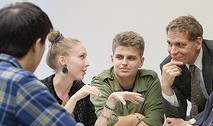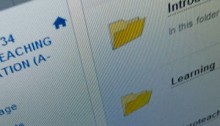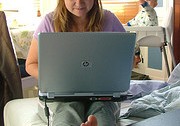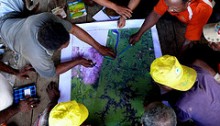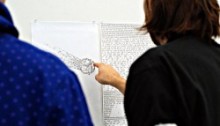Changes to the staff ‘Assessment essentials’ channel on Blackboard
We’ve updated the staff Assessment essentials channel on Blackboard to incorporate the links to resources and notification tools that are available to students via their Assessment essentials channel. The intention is to give staff knowledge of the resources and notifications provided to students to help them manage their assessments – and they can refer students…
